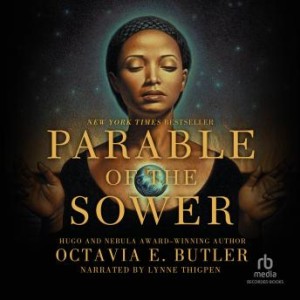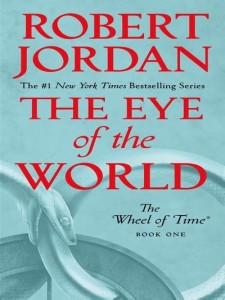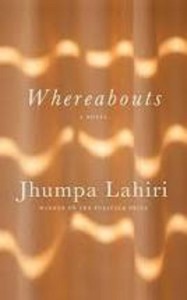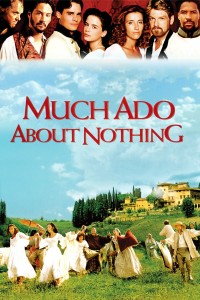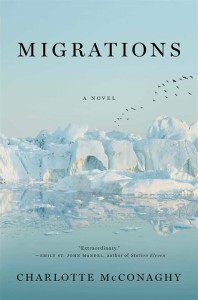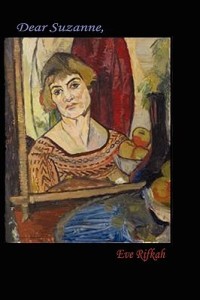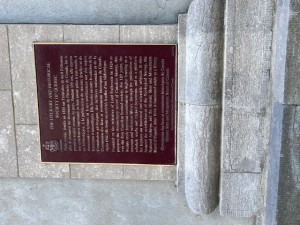
The island is Jeju, off the South Korean coast. The sea women are the Haenyos, women who don’t use breathing equipment but rather hold their breath to dive to the sea floor to harvest seafood.
The story opens with Young-sook, an elderly retired Haenyo who hates being treated as a tourist attraction. She is especially peeved by the persistence of an American woman and her daughter who claim to be descended from Young-sook’s best friend Mi-ja. They show Young-sook a photograph which she pretends not to recognise.
We are then transported back to 1938. As the daughter of the chief of a Haenyo collective, Young-sook trains from a young age, both to learn the breathing technique called “Sumbisori” and to be in top physical condition. Since the women are the ones who earn money, men on the island stay home to care for the children. Meanwhile, the island is suffering under Japanese rule.
We follow Young-sook as she meets and befriends Mi-ja, who is an outcast because her parents collaborated the Japanese. The girls eventually begin training to become Haenyos, starting out as “baby divers” and gradually becoming more proficient. They work as a team farming the wet fields (the sea) and the dry fields (the vegetable garden). Much as Young-sook loves being in the sea, she can never forget the danger involved, repeating the mantra “Every woman who enters the sea carries a coffin on her back. In this world, the undersea world, we tow the burdens of a hard life.”
The situation worsens during World War II, as the Japanese impress young men from the island into their army and send refugees to the island, where there is already too little food. The end of the war brings a new nightmare, as the Americans install a dictator in South Korea and help his forces further tyrannize the island. The carnages on top of the great poverty on the island makes for difficult reading at some points.
The two girls find themselves at odds as they enter arranged marriages. The progress and zig-zags of their friendship are one of the best things in the story, beautifully rendered. The story occasionally flashes forward to 2008, when the Americans continue to pester the elderly Young-sook, wanting to tell her about Mi-ja’s fate.
The details of the culture on the island, the history of the people there, and most of all the immersive experience of diving with the Haenyos are what make the story memorable. Meticulously researched, with additional information on the author’s website, we are privileged to learn about a way of life that has now almost disappeared.
Perhaps the hardest task for a novelist is inserting a trail of breadcrumbs such that the ending comes as a surprise, yet perfectly obvious looking back over the story. What makes it hard is the range of readers: I know from my book clubs that some people catch on right away, while others may still need an explanation even after finishing a book.
For me, with this book, I saw the answers to the story questions too early and wondered through much of the book why the characters were not able to see them as well. Still, though the story of the friendship sagged a little, for me at least, the story of the sea women and their island did not. I strongly recommend this book.
Have you ever heard of the Haenyos?
